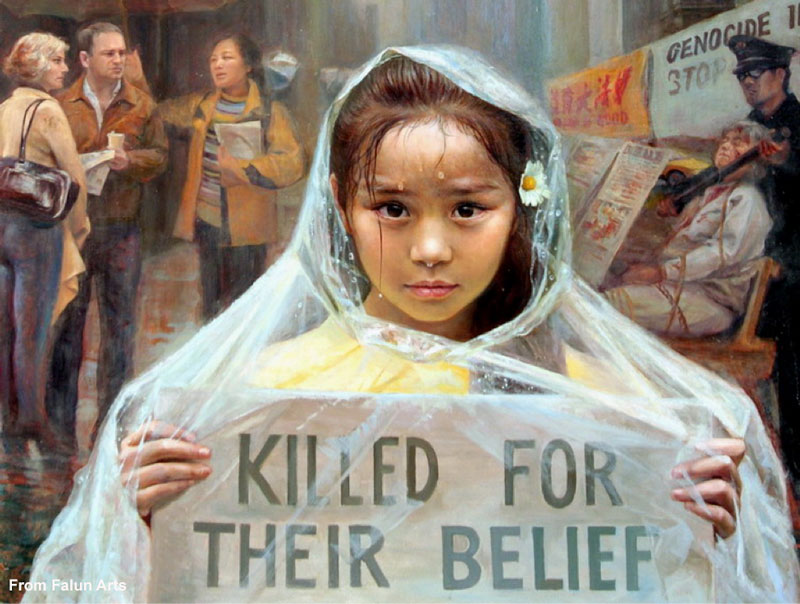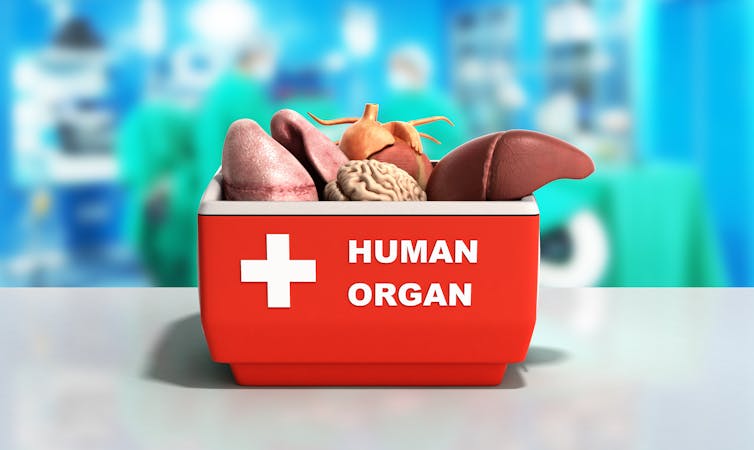
When the alternative is get an organ or die, it’s human nature that people become desperate and become a transplant tourist, regardless of the desired outcome is legal, questionable or even murder.
The concept of transplant tourism is confusing and vague. According to Shimazono, transplant tourism refers to “overseas transplantation in which a patient obtains an organ through the organ trade or other means the organ trade may take other forms as well.”
According to WHO, “transplant tourism” refers to patients traveling across the borders to be transplanted elsewhere. People tend to travel for transplantation, either because it is not available in their home countries, such as Tajikistan and Azerbaijan, or if the facilities are adequate in their homeland, there are not enough organs available.
Transplant tourism takes place in two different situations: 1) in very well developed countries with a long waiting list, and 2) in underdeveloped countries with no prohibitory regulations for buying and selling the kidney but the people are indigent and have to make money by selling their organs.
After Istanbul declaration, commercialism for transplant has become harder (and in some places impossible), and the need to find an organ has led to an alternate solution, mainly through the temptation into organ trafficking and transplant tourism.

The most common way to trade organs across national borders is via potential recipients who travel abroad to purchase kidney and undergo organ transplantation, commonly referred to as “transplant tourism.”
The China Organ Harvest Research Center (COHRC) published a 340-page report with credible allegations about forced organ donation by political prisoners. (The introduction was written by a leading American bioethicist, Art Caplan.) China, it reported, acknowledges between 10-15,000 transplants a year, but the true figure must be far greater. The meager number from a voluntary donation and from executed prisoners cannot the source of all the organs. The COHRC believes that political prisoners, especially from the banned sect Falun Gong, are being killed for the organs.
The government, of course, denies this.
Recent investigations by South Korean journalists in 2017, by BBC and Uphold Justice in 2018 reveal that the waiting time for organs in China remains in the range of days to weeks. Such an organ on-demand system is only possible with a large living organ pool. This means that the state-sanctioned organs crime is still running, and without Office 610 [the government agency for dealing with Falun Gong] and its successors, this is not possible…
The Chinese government claimed that before 2010, organs for transplantation came mainly from executed prisoners sentenced to death. Yet the number of death-row executions, even the highest estimated number, is too low to explain the number of the performed transplants. The number of transplantations has even continued to grow after 2007 when official executions declined. Therefore, the majority of organs don’t come from prisoners sentenced to death, but from extrajudicial killings of prisoners of conscience without legally sentenced to death…

The organ crime in China is different from that in any other countries. The short waiting time for organs doesn’t occur just in one or two hospitals here and there, but in almost all hospitals of the country: it is not at single time points, but consistent and constant from the 2000s to today. There must be a system behind it. “Private” criminal groups cannot supply such a high number of organs realizing an organ on-demand system. It is only possible with the support of the state.
The total number of foreign patients receiving organ transplants in China (the so-called transplant tourism) in 2006 was reported to be more than 11,000. Therefore, the real volume of transplants (those for foreign and inland patients combined) is very likely in the range of tens of thousands each year, with the majority of organs coming from Falun Gong practitioners.
Tags:Transplant Tourism ,WHO